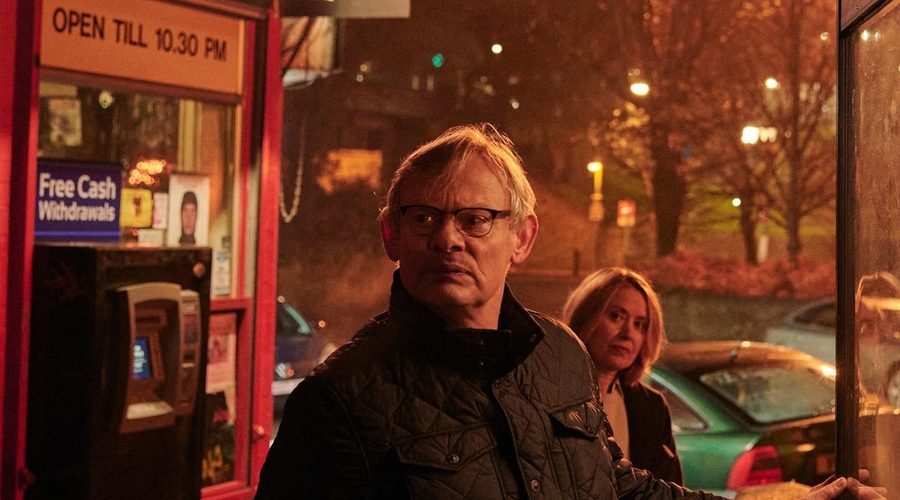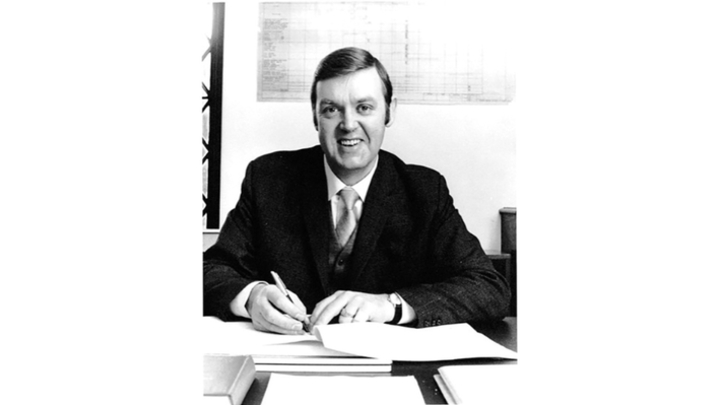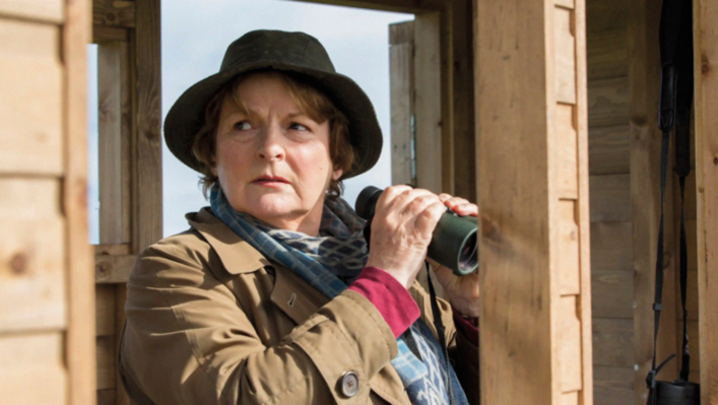Docs are embracing the techniques of the best dramas as the true crime genre booms. Matthew Bell reports.
True crime docs have long been a TV staple but, argued an RTS panel last month, the genre is undergoing a golden age. “There is an enduring appetite for crime,” said Jo Clinton-Davis, ITV’s controller of popular factual. “Each story is a drama in its own right.”
Helen Tonge, MD of Manchester indie Title Role Productions, which made Crimes That Shook Britain for the Crime+Investigation channel, reckoned that “to feel empathy for the victims or family is inherent to our human nature.
“The bar is being lifted…they are more like dramas, the storytelling is getting more exciting, and I think generally there’s a dark fascination… with understanding [crime].”
Former detective Peter Bleksley, “The Chief” in Channel 4 reality series Hunted, had consulted the genre’s audience before the event, asking his large social media following why they loved true crime. From their replies, he identified “three Ps”: “people”, a fascination with the victim, their family, the perpetrator, detective or psychologist; the “process” of capturing the criminal; and “procedure”, the prosecution in court and sentencing.
Bleksley was currently enjoying ITV factual drama Manhunt: The Night Stalker, whose “earthiness and human touch” – two of the touchstones of true crime docs – stood in “stark contrast to the very clichéd dramatisations we see where the lead detective has an alcohol problem or is in a very gloomy marriage”.
Dr Sohom Das, consultant psychiatrist and contributor to Crime+Investigation’s Murdertown with Anita Rani, said that, from childhood, people had a “fascination with good versus evil. We’re the goodies because we’re the law-abiding citizens, so we want to know about the baddies, what makes them tick.
“We’ve all had that thought, ‘I could kill that person’… but the vast majority of people would never go that far because we’ve got these social, emotional and ethical barriers…. It fascinates us to learn more about what makes people go past those barriers and commit these crimes.”
But is there a danger that true crime shows glorify or, worse, encourage offending? “The vast majority of people are sensible enough to enjoy the lurid and the sensational aspects without glorifying the perpetrators,” said Das.
“Having said that, there is a small subset of society which is vulnerable, so, for example, people with learning difficulties or… extreme [narcissists]… I don’t think true crime is ever going to be the one factor that pushes them over the edge.”
Bleksley argued that true crime producers had a duty to respect the victims and their families: “The victims’ stories must always be front and centre of any storytelling… this is increasingly becoming the case across all of the true crime genre.”
Tonge added: “Sometimes, you do have to tell certain elements of a story, which could be upsetting to the families, but you can’t shy away from those…. You have to sit down with them and have difficult conversations.”
ITV’s Clinton-Davis added that programme-makers had to avoid sensationalism: “It’s all about authenticity… you don’t need to, and shouldn’t, sensationalise [crime].
“It’s incredibly important that you get the victims’ families’ buy-in. Often, they want the film made – it’s a moment for them of catharsis, explanation or tribute.”
What next for true crime? “I sincerely hope it’s unsolved major crimes,” said Bleksley. “It will increase the likelihood of some justice being delivered at some point.
“At the end of the day, this genre will thrive because a sense of justice is central to being a human being.”
‘Why we love true crime on television’ was held on 21 September. It was chaired by Boyd Hilton of Heat magazine and produced by Dan Korn, Tessa Matchett and Sarah Booth.







